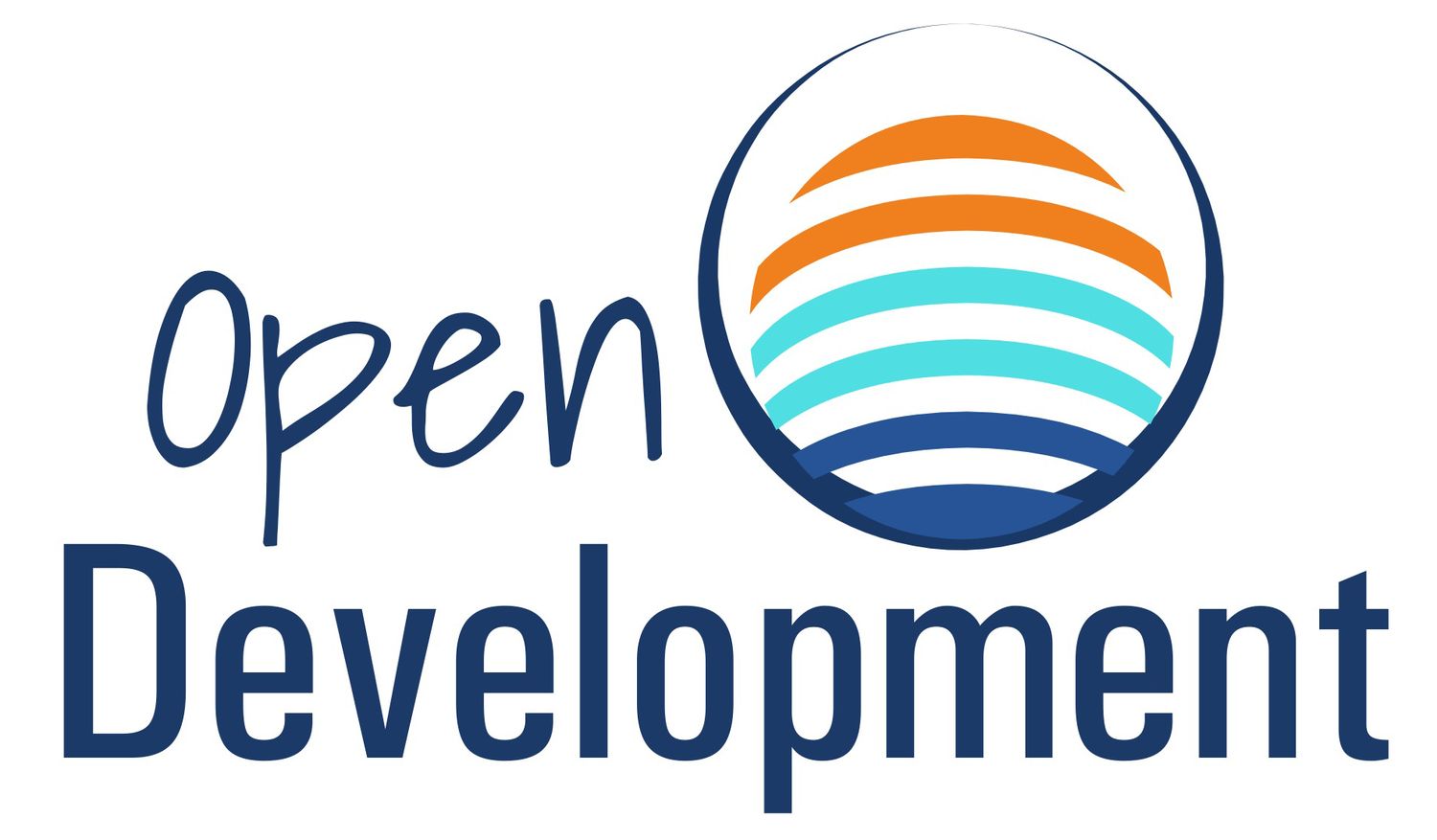
Where
We Work!
In Africa
-
Conducted organizational capacity assessment of the National Malaria Control Program to strengthen CAR’s capacity to manage domestic and donor resources more effectively.
-
Conducted organizational capacity assessment of the National Malaria Control Program to strengthen Chad’s capacity to manage domestic and donor resources more effectively.
-
Conducted organizational capacity assessment of the National Malaria Control Program to strengthen Côte d’Ivoire’s capacity to manage domestic and donor resources more effectively.
-
Worked with the government to inventory and analyze PEPFAR, The Global Fund to Fight AIDS, Tuberculosis and Malaria, and other donor investments in the health workforce with a focus on sustained HIV and TB epidemic control.
-
Supporting the Government of Ethiopia and the Ministry of Health to develop and implement its National Domestic Resource Mobilization Roadmap to sustain investments in TB, as part of the Essential Health Services Packages.
-
Supporting TB grantees to develop and implement a regional, national, and subnational
Advised USAID/Kenya on how to advance the sustainability of its investments in the health workforce, especially through direct financing with counties, and to further align their programming with the achievement of PEPFAR’s local partner goals and USAID’s localization strategy.
-
Advising the Ministry of Health, through embedded staff, to support health and social workforce planning to sustain HIV epidemic control as part of the universal/primary health care agenda.
-
Advised the Government of Liberia and USAID on a government-to-government agreement (known as the FARA) that reimbursed the health sector for achievement of results. Advised the Ministry of Health on its performance-based financing and contracting-out/in schemes and private sector engagement to improve quality health outputs and outcomes at the decentralized level.
-
Supported USAID/Malawi to design a health sector, government-to-government agreement with Zomba district, with a focus on the workforce needed to achieve primary health care goals.
-
Supporting the design and implementation of TB grants; working with local NGO ADPP to analyze the cost-effectiveness of a pilot intervention to build an investment case for continuation and expansion of the intervention.
-
Advising the Government of Namibia and Ministry of Health and Social Services, through embedded staff, to support health and social workforce planning to sustain HIV epidemic control as part of the universal health care agenda.
-
Conducted organizational capacity assessment of the National Malaria Control Program to strengthen Niger’s capacity to manage domestic and donor resources more effectively.
-
Advising the Government of Senegal on the mobilization and use of resources to finance primary health care and to strengthen the national health insurance scheme. Supporting the USAID-funded Urban Health project to provide performance-based and innovation subgrants to health districts and community-based or private-sector actors.
-
Conducted a mixed-method study, combining an observational time study (using a random work sampling approach) with self-administered, time-based diaries (time analysis), to better understand HIV service workload requirements to further inform workforce planning.
-
Advised PEPFAR on its human resources for health investments in support of its goals to achieve HIV epidemic control. Conducting a cost study in Tanzania, in partnership with the Benjamin Mkapa Foundation, to assess different health care worker models to support labor-intensive interventions such as index testing.
-
Conducted organizational capacity assessment of the National Malaria Control Program to strengthen Togo’s capacity to manage domestic and donor resources more effectively.
-
Supporting TB grantees to identify and engage in advocacy opportunities for novel pediatric TB diagnosis
Conducted a cross-sectional study, using both quantitative and qualitative methods, to quantify the number of PEPFAR workers transitioned to public service who were retained, and the factors and motivations that enabled or hindered retention.
-
Supporting design and implementation of TB grants and providing advocacy training to mobilize additional resources for project continuation.
In Asia
-
Developing the legal and regulatory pathway for domestically funded, competitive outsourcing and social contracting as a means of delivering and sustaining patient-focused services.
-
Documenting USAID TB Commitment Grants success in mobilizing domestic and donor resources for sustained TB financing
-
Supported USAID/Pakistan to design a health sector, government-to-government agreement with the Government of Pakistan to include the central Ministry of the Health, the Health Services Academy in Islamabad, and the Sindh Department of Health in Karachi.
-
Developed a long-term sustainability plan for TB health workers that was used as the framework for a follow-up grant from the Global Fund to Fight AIDS, Tuberculosis and Malaria. Supporting the design and implementation of results-based grants to eight local government units for TB services.


